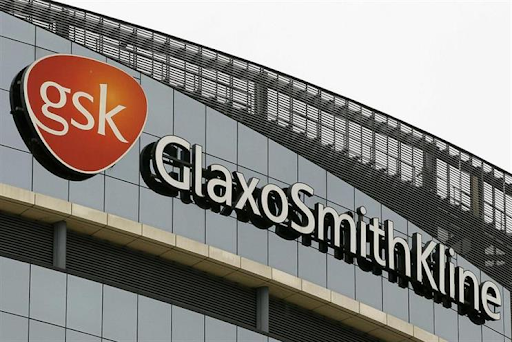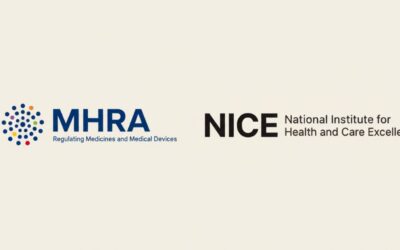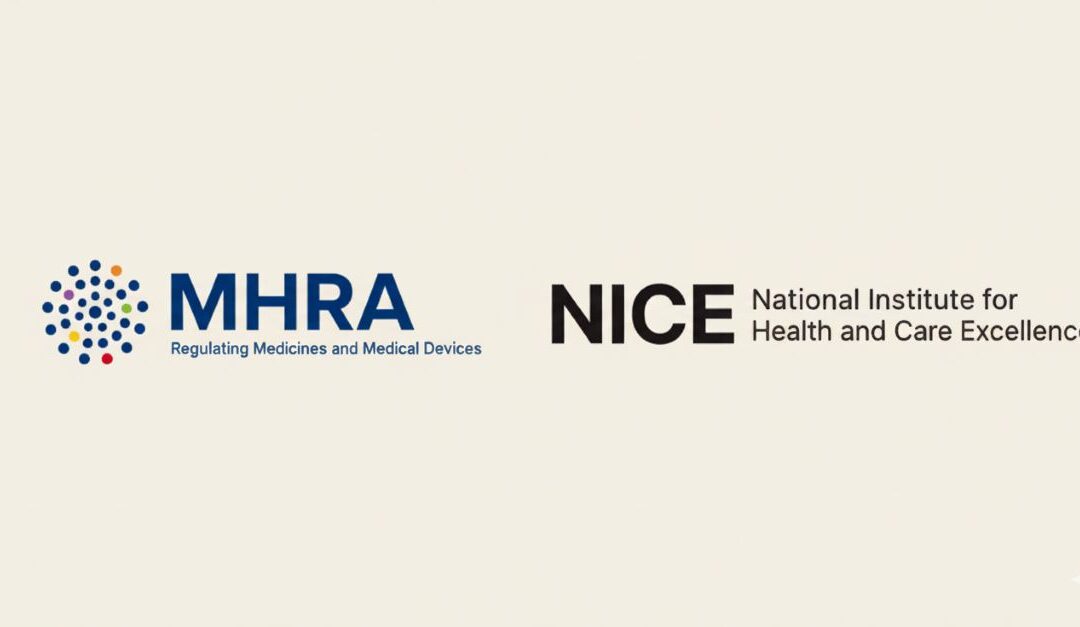A panel of independent experts convened by the U.S. Food and Drug Administration (FDA) has recommended against approving GSK’s (GSK.L) blood cancer treatment Blenrep, citing concerns over known ocular side effects. The decision prompted a nearly 5% drop in the British pharmaceutical company’s U.S.-listed shares by market close on Thursday.
GSK had submitted an application seeking to reintroduce Blenrep to the U.S. market in combination with other therapies for patients with relapsed or refractory multiple myeloma who had undergone at least one prior treatment.
Originally pulled from the U.S. market in 2022, Blenrep was withdrawn after it failed to outperform an existing therapy in a late-stage trial.
On Thursday, the FDA’s advisory committee voted 5–3 against the use of Blenrep with bortezomib and dexamethasone at the proposed dosage, determining the benefits did not sufficiently outweigh the risks. Additionally, the panel overwhelmingly opposed its use with pomalidomide and dexamethasone by a 7–1 vote.
Bortezomib and pomalidomide are both approved treatments for cancer, while dexamethasone is a commonly prescribed generic steroid.
Despite the panel’s recommendation, GSK reaffirmed its confidence in Blenrep’s benefit-risk profile and stated that it intends to continue working closely with the FDA throughout the ongoing review process.
A final decision from the FDA is anticipated next week. While the agency usually follows the guidance of its advisory panels, it is not legally obligated to do so.
In contrast, regulators in the United Kingdom approved the use of Blenrep in combination therapies earlier this year, in April.
The panel’s vote followed a review earlier this week in which FDA staff expressed particular concern over the drug’s potential for ocular toxicity, including symptoms like blurred vision, light sensitivity, and dry eye. These eye-related issues were noted even when Blenrep first received FDA approval, and warnings were included on its label.
During the meeting, advisers also highlighted issues related to the dosing schedule and a lack of diversity among clinical trial participants, particularly with limited inclusion of U.S. patients.
“It is really disappointing to see the fact that we’re still allowing drugs to gain approval with less than 5% U.S. enrollment,” said panelist Daniel Spratt, associate chief scientific officer at University Hospitals Cleveland Medical Center.
Blenrep is classified as an antibody-drug conjugate—a therapy designed to selectively target and destroy cancer cells while minimising harm to healthy tissue.
GSK’s resubmission was supported by two late-stage clinical studies demonstrating that the drug combinations delayed disease progression and reduced mortality risk in patients.









